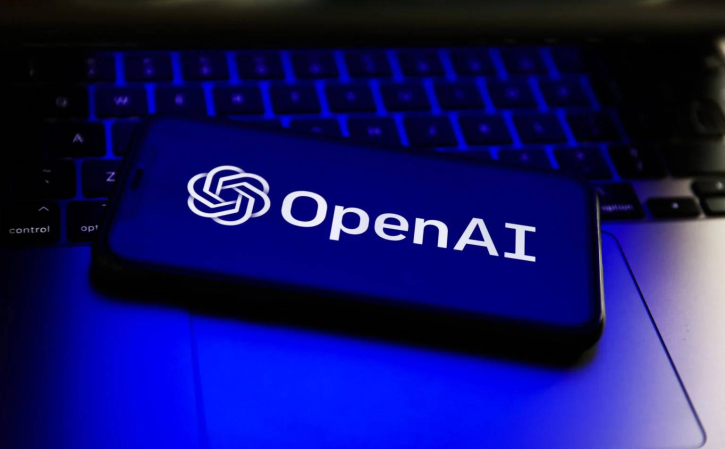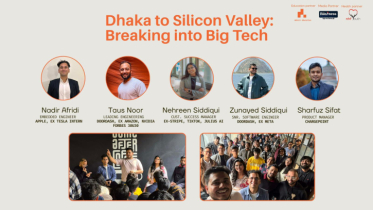Is ChatGPT Making Us Less Intelligent? MIT Study Raises Concerns

Published : 18:16, 10 July 2025
In November 2021, the world of technology witnessed the emergence of ChatGPT—a groundbreaking AI chatbot that has since become an integral part of daily life. Developed in partnership with Microsoft, this artificial intelligence tool is being hailed as a digital revolution, making complex tasks simpler and quicker. From answering difficult questions and writing poems to solving math problems, preparing recipes, or assisting with university assignments—ChatGPT does it all. Even relationship advice isn't out of its reach. But as its usage has soared over the past three years, concerns are now being raised about its long-term impact on human cognition. According to a recent study conducted by researchers at the Massachusetts Institute of Technology (MIT) in Cambridge, USA, people are increasingly becoming dependent on ChatGPT, which could potentially reduce brain activity and critical thinking skills. The Study and Its Findings MIT researchers conducted a four-month experiment involving 54 adult participants divided into three groups. Each group was assigned the same essay-writing tasks but with different tools: Brain-only group (no digital assistance) Search engine users Throughout the writing process, researchers monitored the participants’ brain activity using neural signals and analyzed the quality and structure of their essays to assess intellectual engagement.
The results revealed a striking pattern—participants who used ChatGPT showed significantly lower brain activity. Not only did they struggle to recall quotes used in their essays, but they also exhibited lower emotional engagement with their writing. The Fourth Phase: Surprise, the final phase, roles were reversed. Those who initially relied on ChatGPT were instructed to write essays using only their own brains, while the brain-only group used AI tools. Interestingly, the group shifting from AI to brain-only performed worse than expected. Their cognitive engagement was noticeably weaker compared to those who had consistently written without AI support. This suggests that prolonged AI usage may diminish attention span and independent thought processes. Researchers have clarified that only 18 participants (6 from each group) took part in the final phase. Hence, while the findings are notable, they remain preliminary and call for further study before drawing definitive conclusions. A Historical ParallelExperts draw parallels with the 1970s when calculators were introduced in classrooms. At the time, concerns were raised that reliance on calculators would impair arithmetic skills. Instead of banning them, educators increased the complexity of exams and allowed calculator use under higher academic standards. The same logic, experts argue, could apply to AI tools like ChatGPT.
ChatGPT and similar AI tools offer undeniable convenience, but overdependence may pose risks to human intelligence and learning ability. Rather than replacing human thinking, AI should complement it. If not used mindfully, the very tool designed to enhance productivity could end up dulling the mind it was meant to assist.
BD/S











